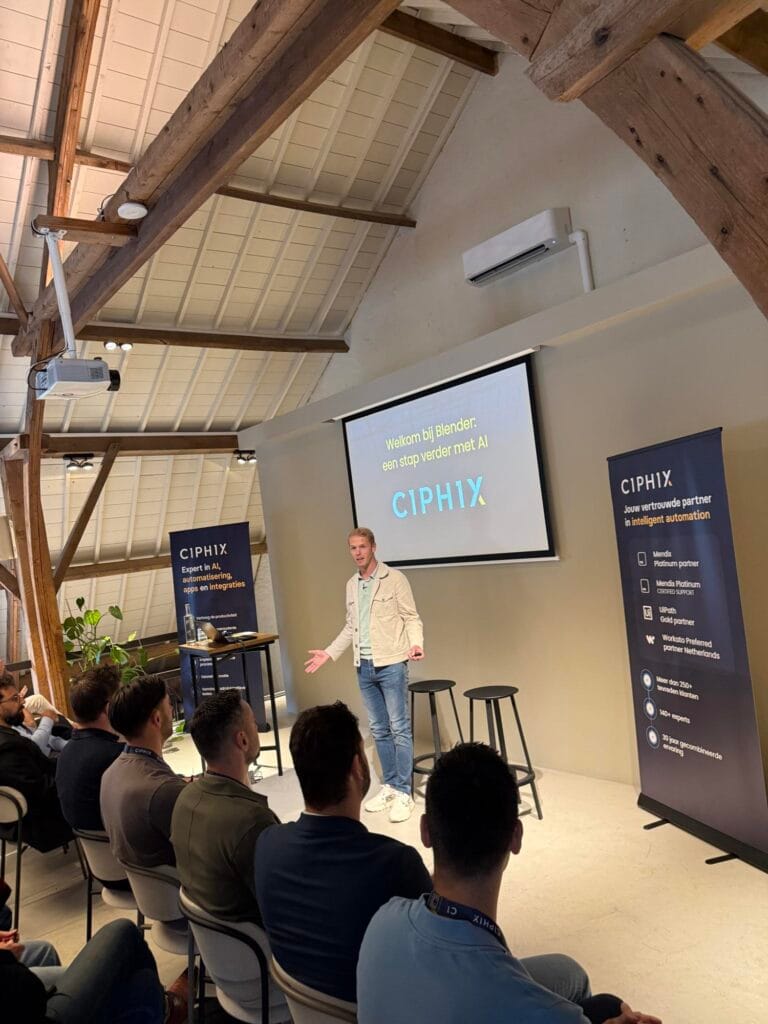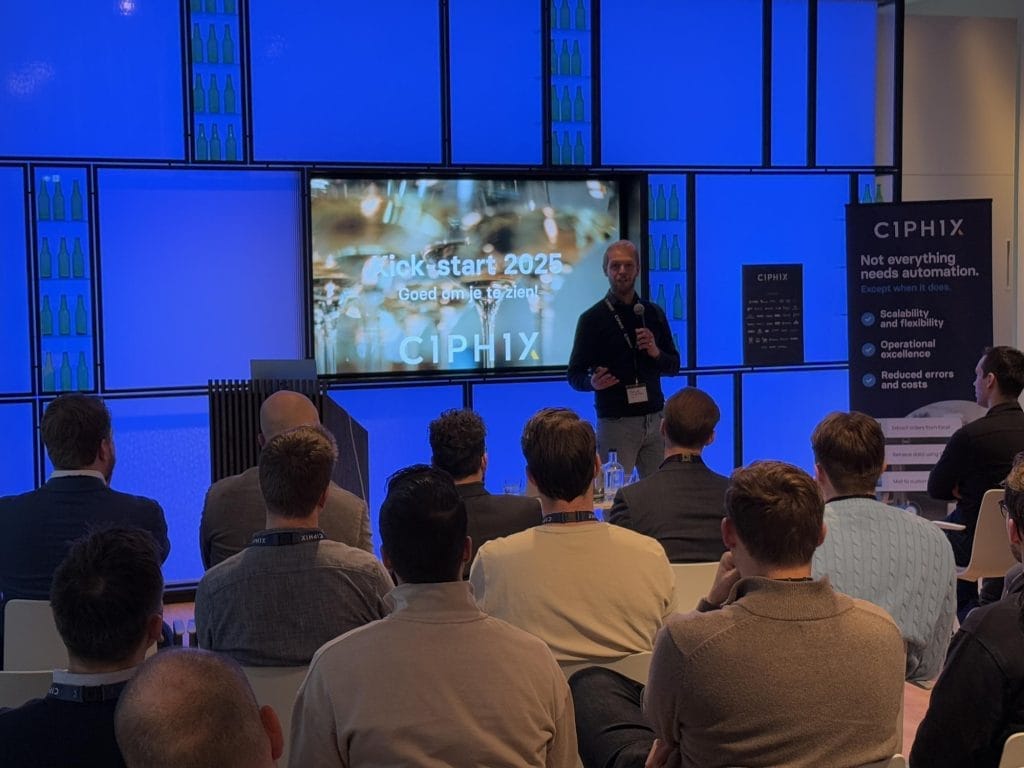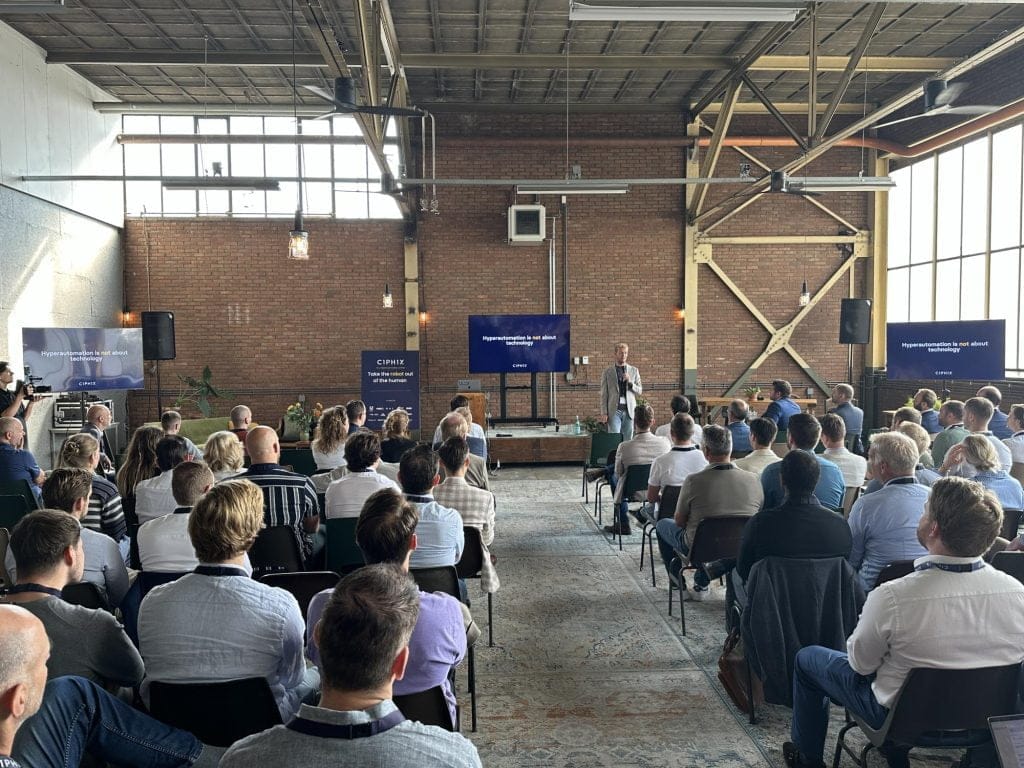Streamlined integration with iPaaS
You’re dealing with more and more platforms, apps and data – but it’s hard to bring them all together. Many companies struggle with managing multiple applications and systems that don’t communicate well with each other. From customer data to business processes, integrating everything efficiently is a challenge, especially when multiple platforms or systems are involved. Often, companies run into the following problems:
- Information is spread across different systems that do not talk well to each other.
- Time-consuming manual processes create inefficiencies and increased risk of errors.
- Security and compliance are becoming increasingly complex, making integrations more difficult and risky.
What you’re looking for…
A solution that seamlessly connects all your systems, applications and data without the need for complicated, time-consuming integrations. You need a single platform that provides streamlined, secure and efficient communication between your apps both internally and with partners and customers.
Don't wait any longer!
Seamless Integration
Easily link all your systems and applications for a streamlined data flow.
Faster implementation
Fast implementation with standard connectors and templates.
Cost savings
Eliminate manual entry, save time and personnel costs.
Security and compliance
With built-in security and compliance options, your data is safe and in compliance with legislation.
What is iPaaS and how can it help you?
Integration Platform as a Service (iPaaS), offers just that: a solution that helps you integrate all your systems, applications and data in one place. It is a cloud-based platform that provides easy and secure communication between different applications, both on-premises and in the cloud.
- Process automation: iPaaS reduces the need for manual input and connects systems so that processes can run automatically.
- Seamless integration: With iPaaS, your existing systems (such as ERP, CRM, HRM) can be easily linked to other apps or data streams, no matter where they are located.
- Increased efficiency: By automating workflows and connecting applications, you can save time and avoid errors.
What people say about us
Why is iPaaS relevant to you?
The benefits of iPaaS are clear, with iPaaS you gain control over your systems. You can use your data optimally and you ensure a smoother and safer work process. This not only makes integrating your systems easier, but also ensures a future-proof platform that can grow with your business.
We understand your challenges and have the solution:
- Having trouble connecting multiple systems that don’t work well together?
- Want to save valuable time and resources by automating processes?
- Want to ensure secure, reliable data exchange, without technical obstacles?
iPaaS is the solution that helps you optimise your business processes so you can focus on what really matters: growing your business.
Improve efficiency
iPaaS allows you to easily build and manage integrations, reduces errors and speeds up processes for maximum efficiency.
Save costs
Save on your IT costs by using one platform for all your integrations.
Scalability
iPaaS grows with you, offering flexible integrations that support your business every step of the way.
Real-time
Get real-time access to data and insights to make better decisions.
Risk management
Ensure compliance and reduce risk with centralized and secure data integration.
Frequently Asked Questions
What is iPaaS and how does it work?
iPaaS, or Integration Platform as a Service, is a cloud-based platform that enables the integration of various applications, data and processes, both on-premises and in the cloud. It acts as a central hub where various software applications can communicate and share data.
What are the benefits of using an iPaaS solution?
iPaaS offers benefits such as rapid deployment, flexibility, scalability and cost savings. It enables companies to automate manual processes, achieve real-time data integration and easily add or remove new applications without complex IT modifications.
How is iPaaS different from traditional middleware?
Traditional middleware often requires on-premises hardware and extensive configuration, while iPaaS is a cloud-based solution that enables fast and flexible integrations without the need for physical infrastructure. iPaaS also provides user-friendly interfaces and off-the-shelf connectors, reducing implementation time.
How does iPaaS support digital transformation within organizations?
iPaaS facilitates digital transformation by enabling the rapid and efficient integration of disparate systems and applications, eliminating silos and automating business processes. This leads to improved operational efficiency and agility in an ever-changing marketplace.
What types of systems can I integrate with an iPaaS solution?
With iPaaS, you can integrate a wide range of systems, including CRMs, ERPs, e-commerce platforms, marketing automation tools, HR systems and financial applications, regardless of whether they run on-premises or in the cloud
How do I begin implementing an iPaaS solution?
Start by evaluating your current IT landscape and identifying the systems you want to integrate. Then choose an appropriate iPaaS platform that suits your needs, plan the implementation, run tests and scale the integrations based on your business requirements. It is advisable to work with an experienced iPaaS partner to ensure a smooth implementation.
Discover our technologies
Don’t wait any longer
Are you also still working with all separate systems? We will help you.























